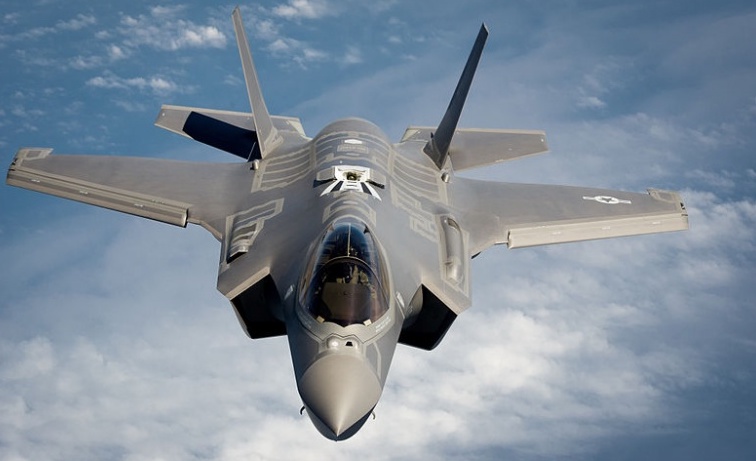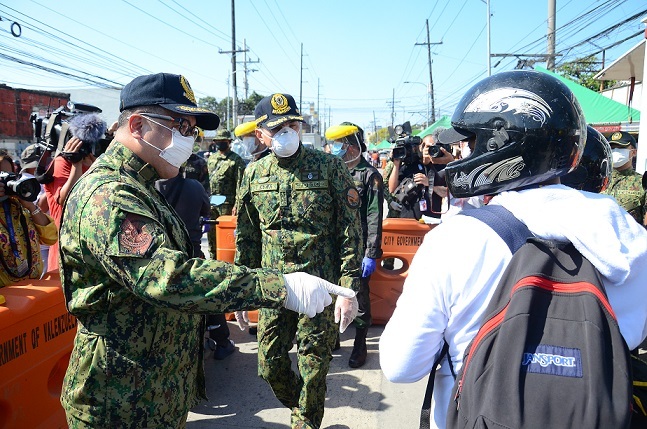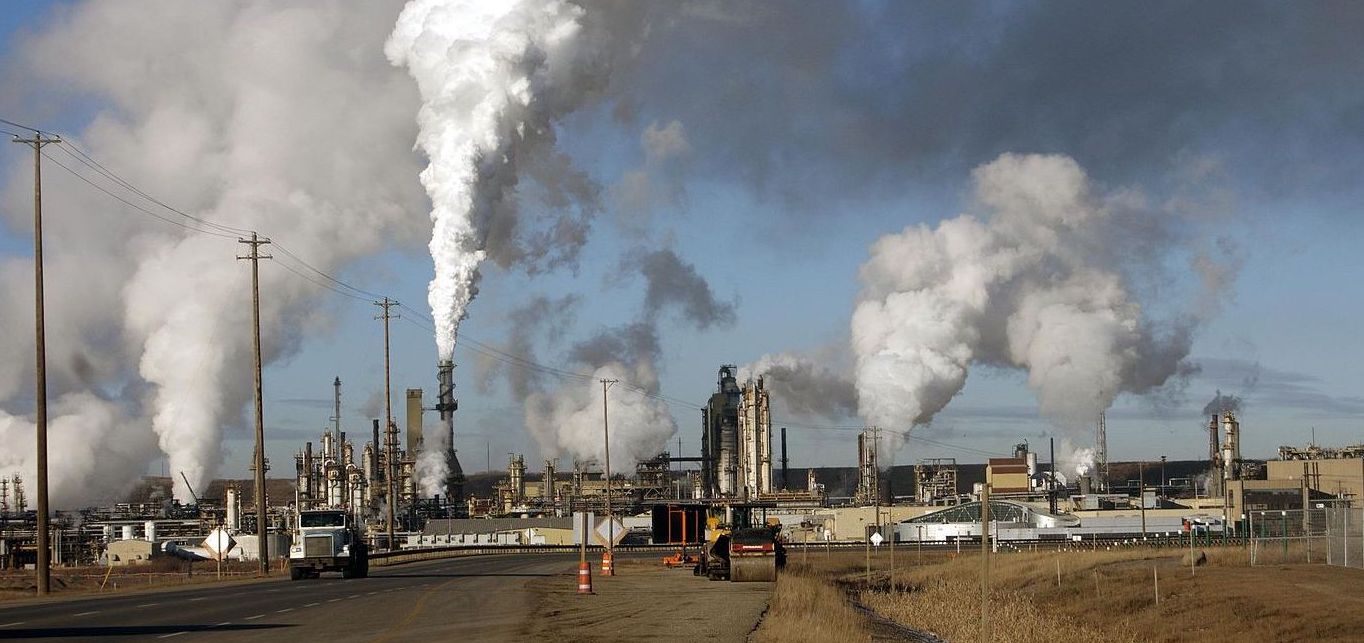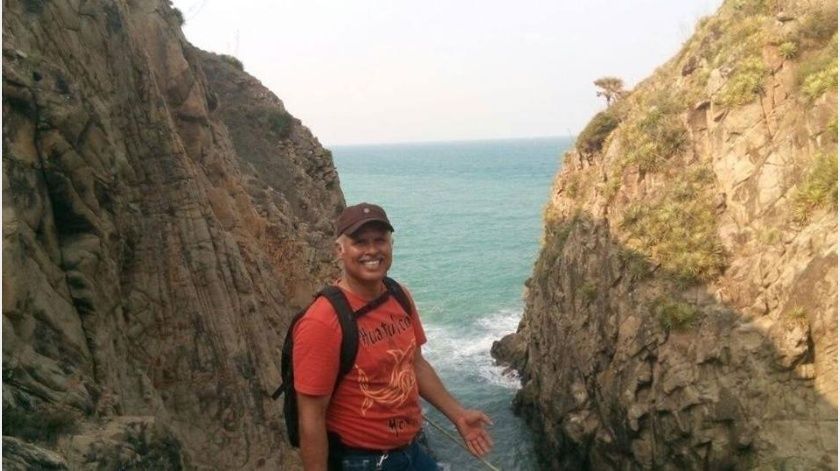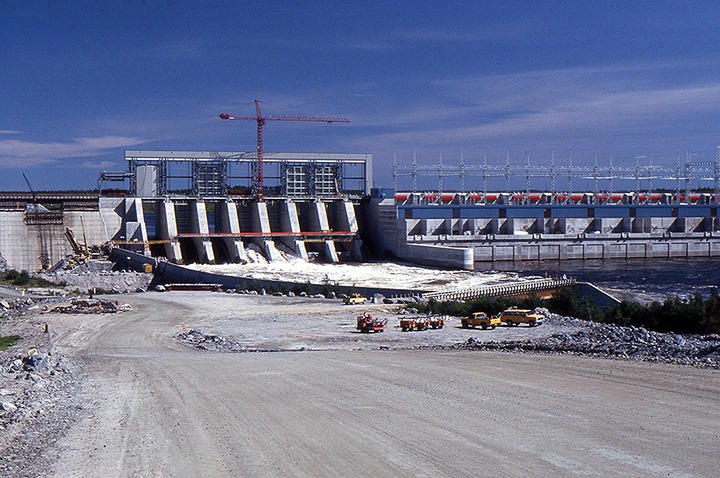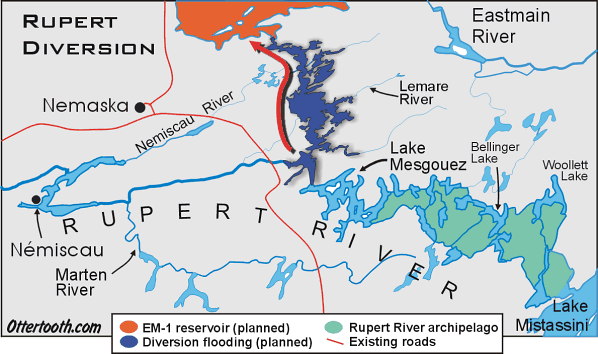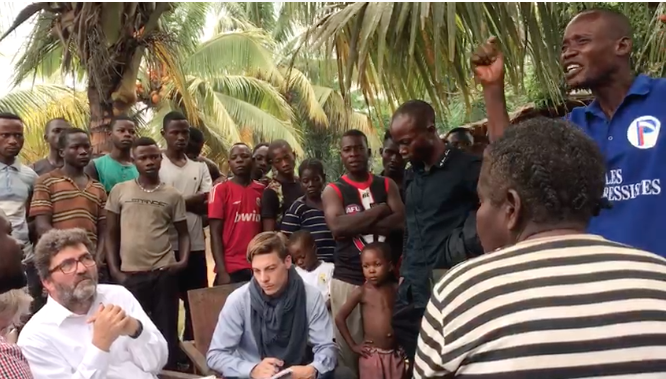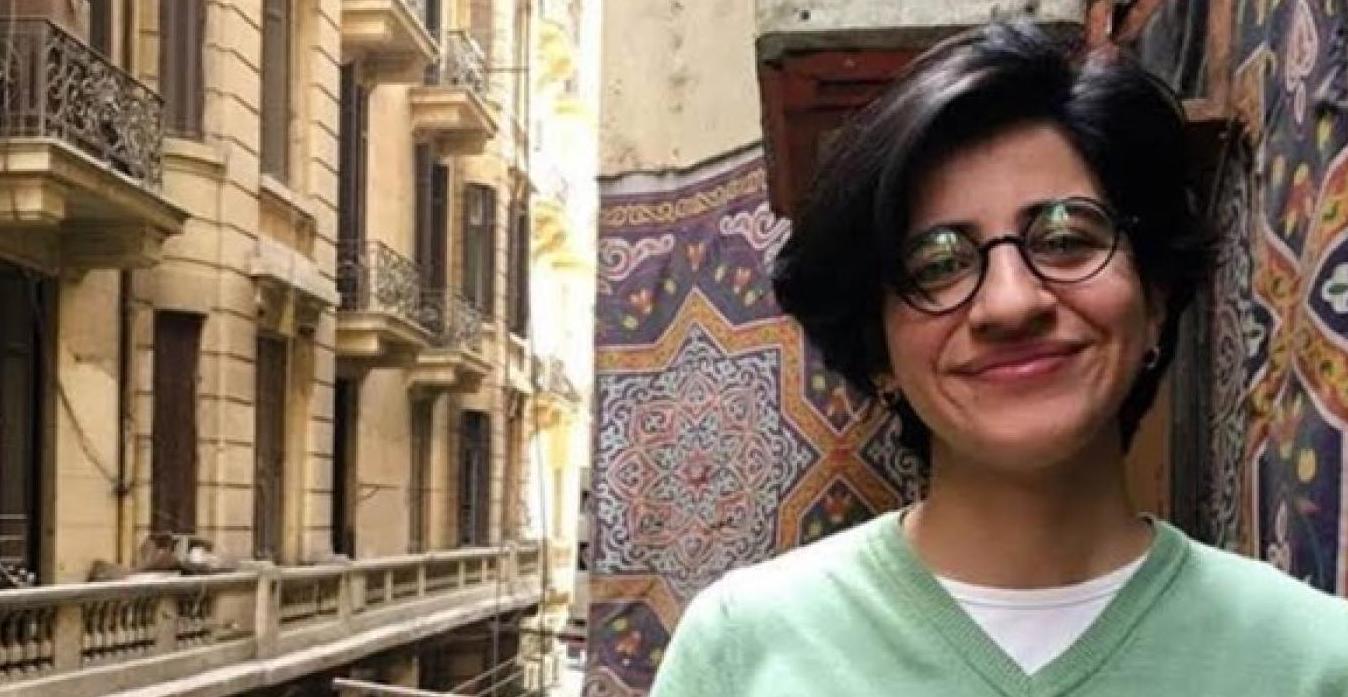
Egyptian LGBT activist a suicide in exile
Three years after her arrest and torture by security forces in her native country, Egyptian LGBT activist Sarah Hegazi killed herself in exile in Canada, prompting an outpouring of sympathy and anger on social media. Hegazi, 30, an openly gay woman and rights advocate, was among a group of activists arrested in September 2017 after raising a rainbow flag at a Cairo concert of the Lebanese indie band Mashrou Leila, which includes gay members. Hegazi was charged with joining an illegal group promoting “deviant thought.” She fled to Canada after being released on bail in January 2018. The incident was followed by a harsh crackdown on Egypt’s LGBT community. (Photo via Middle East Eye)





